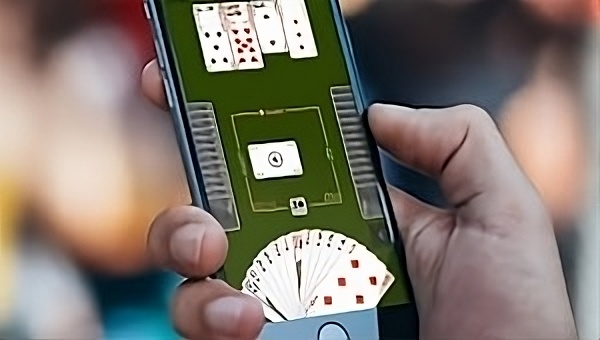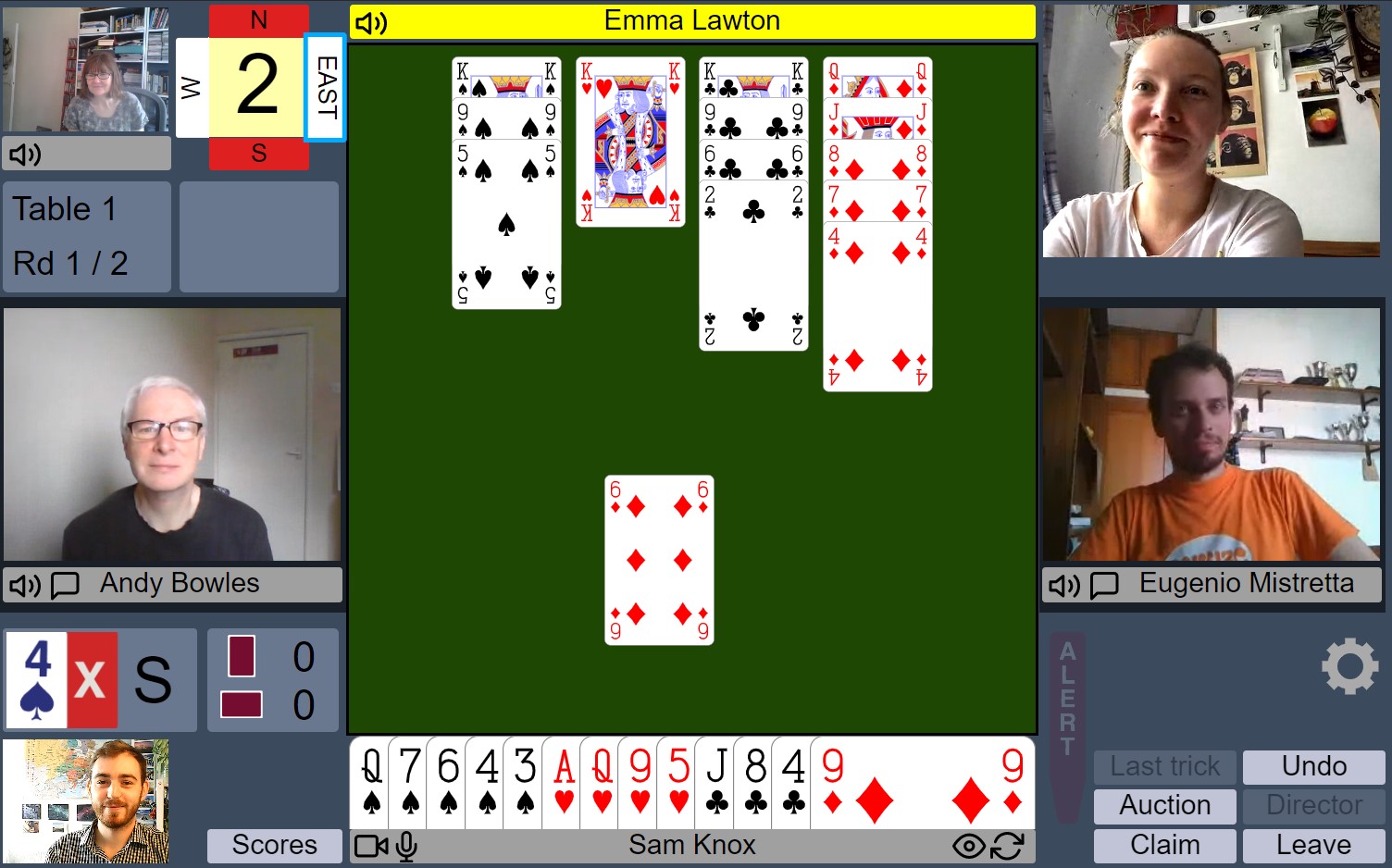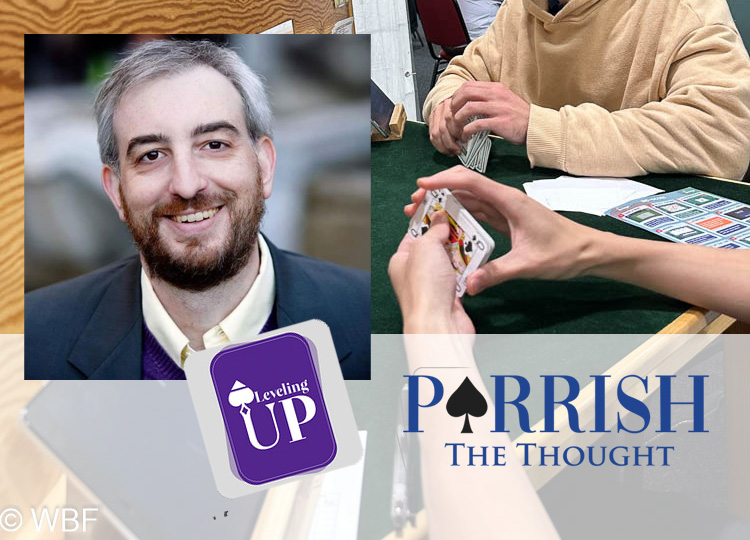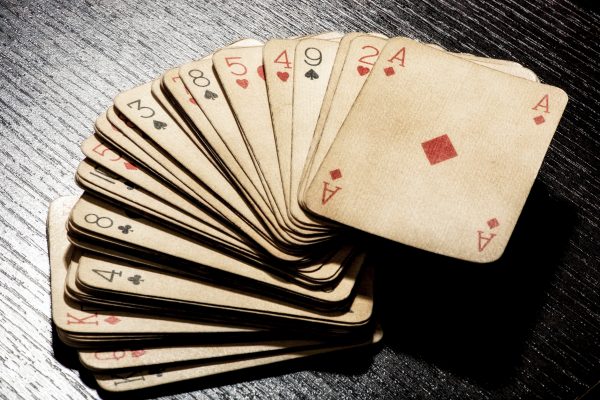SPARK! 2025 is a grassroots online auction where bridge pros donate their time to support youth programs, mentorship, and travel for junior players through the ACBL Educational Foundation.
Category: Bridge Stories
Starting July 1, 2025, ACBL members will be able to earn masterpoints on three additional online platforms. This move ends a long-standing exclusive focus on BBO and is expected to open the door to innovation, competition, and broader access to online bridge.
Like most card games, Bridge is a social game. And, like poker, you want to have your emotions in check and your “game face” perfectly developed by the time you’re sitting down to play.
All aboard the Bridge Technology Train! This free Zoom series introduces innovative bridge tools like Bridge Owl, BridgeComposer, and more. Meet the developers, ask questions, and get hands-on with software designed for teachers, players, and directors.
Online Bridge lets you fail a thousand times in private—no sighs, no judgment, just pure, endless practice. But at the real card table? Every twitch, every glance, every snap of the cards creates lessons your brain never forgets.
Starting July 1, 2025, bridge clubs can host ACBL-sanctioned games on RealBridge, enabling players to earn masterpoints in an online environment that closely mirrors the traditional bridge club experience.
A lighthearted look at the funny side of bridge. This collection includes one-liners, jokes, and classic cartoons from bridge players and writers around the world. Perfect for a quick laugh between hands.
The World Bridge Team Championships bring together top national teams from around the world to compete in four major events: the Bermuda Bowl, Venice Cup, d’Orsi Trophy, and Wuhan Cup. Held every two years, the championships are the highest level of international bridge competition and a showcase of strategy, teamwork, and skill.
Adam Parrish’s Leveling Up project is an initiative to improve his bridge game through deliberate practice, data tracking, expert interviews, and community involvement—all while inviting others to follow along and join in.
Are your cards sticky with snack grease and finger oils? Restore them to usefulness with these card cleaning tips.












